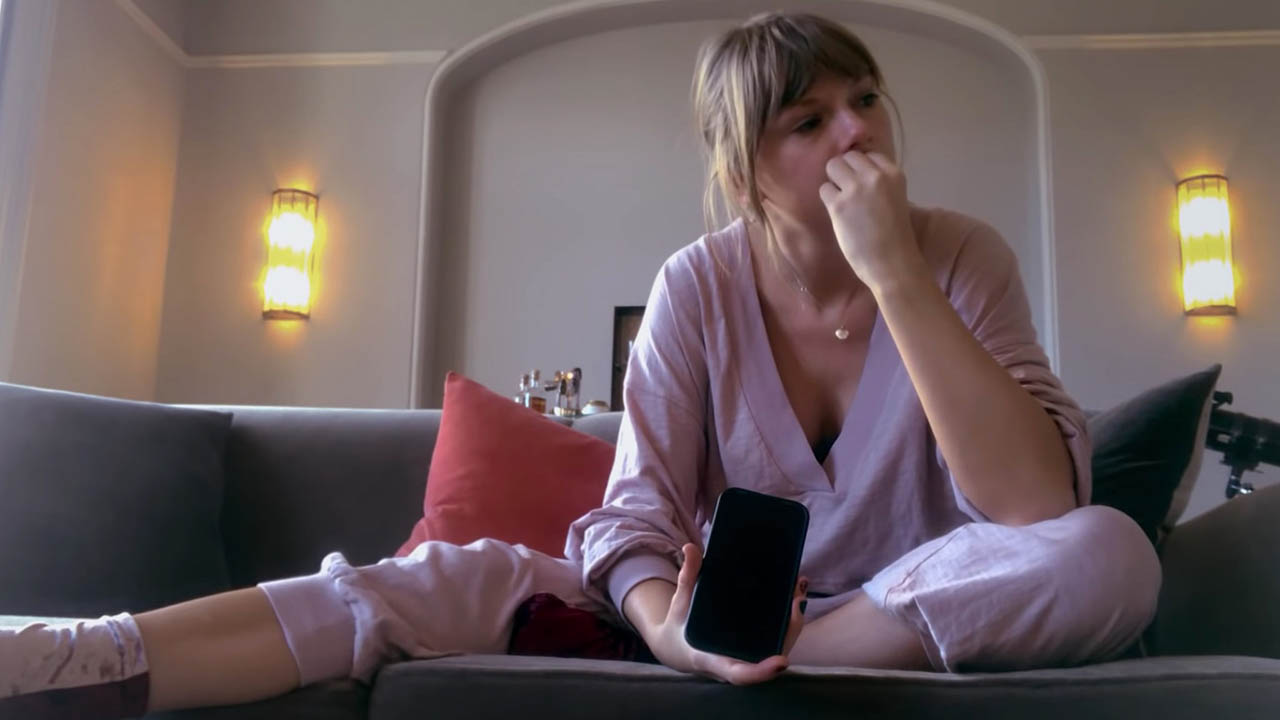My (Taylor) Swift journey
 CREDIT: NETFLIX
CREDIT: NETFLIXWhat I found in that documentary was something I never expected to find.
Taylor Swift was never someone I wanted to like. There was no reason why, I just didn’t want to like her. Even as I write that sentence, I’m disappointed with myself. So that makes me not want to like her even more. Swift’s 2020 documentary, Miss Americana was something I was never going to watch. Why, you may ask? Because I found her completely unrelatable.
Things I found completely unrelatable:
- Tall blonde, skinny, pretty, with a perfect flawless life.
- Her songs are cheesy and soulless: “Shake it Off,” “Bad Blood,” “Look What You Made Me Do.”
- She must have had it so easy looking the way that she does.
- She’s not a real artist.
A colleague and friend I respect kept insisting I watch the wretched documentary and (un)fortunately, she had my curiosity peaked. I just didn’t have the energy to like her, understand, empathize, admire and worst of all relate or learn from her. I would have to forget the Kanye West fiasco, her perfect looks and unreal figure. I mean, she probably eats whatever she wants and doesn’t gain an ounce. It’s not fair. Then Miss Americana popped up on the home page of my Netflix account. It was a sign. I gave into the celestial guidance and swiftly watched it.
What I found in that documentary was something I never expected to find. I being this short, curvy, girl with a bushel of unbridled curls making me look slightly crazy; I found hidden pieces of me. I found all the unmet parts of myself that I thought were too unlikable to tune into. It wasn’t the documentary or even Swift that I didn’t want to know or understand – it was me. Swift and her unappreciated strength and talent changed me. I could relate to her weight struggles, the constant criticism and people pleasing. Knowing she had struggles like me and rose above it all made me feel seen. One of the most jarring moments in the documentary was the West incident where he hijacks the stage as she is accepting the award for Video of the Year at the 2009 MTV Video Music Awards. West announces his important feelings about Beyoncé not winning in a hysterical fit. While the entire audience boos West, you can see the young 19-year-old Swift’s head go from standing tall and proud of her achievement to her head lowered in shame – shame because her insecurities caused her to believe that the boos were for her. Swift couldn’t fathom the audience would support her over the legendary male star. At that moment, I wished I could run to her and whisk her away, like I wished someone would have had done for me so many times in my life when I felt exposed and unprotected.
Things, I as a woman, now find relatable about Swift
- Seeing a picture of myself and becoming depressed.
- Feeling it’s wrong to have an opinion.
- Being praised and rewarded for being a “nice girl.”
Sorry Kanye, but even Beyoncé would give that comment a standing ovation. What I love about this girl is that she has gone through the wars, has battled, and been bruised like so many of us and it seems that the more powerful she becomes, she simultaneously becomes more human.

















